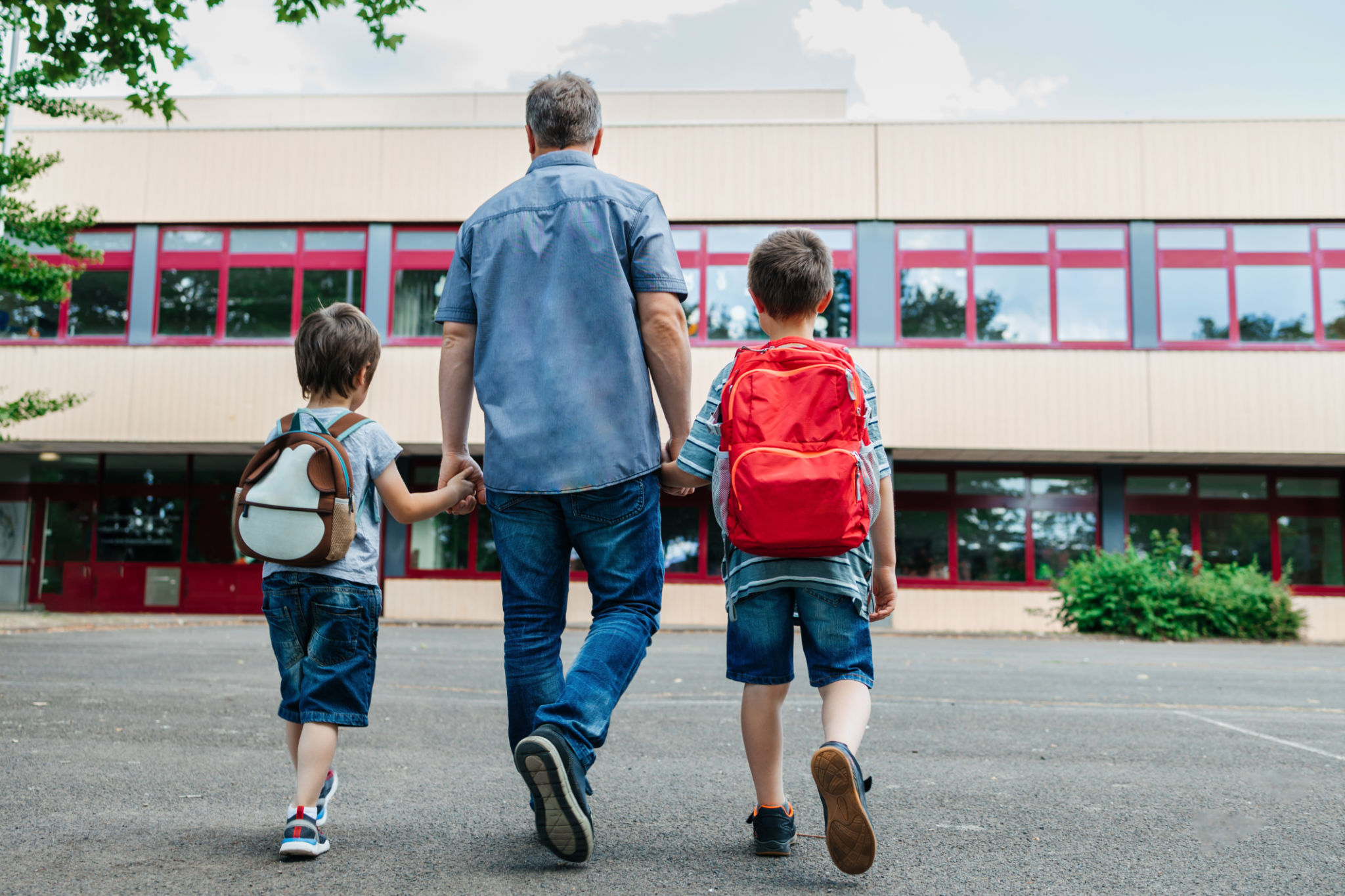Preparing Your Child for School Transitions: Expert Tips from School Psychologists
Understanding the Importance of School Transitions
Transitions between different stages of schooling can be challenging for children, whether it's moving from preschool to kindergarten or transitioning to high school. These changes can bring about feelings of anxiety and uncertainty. School psychologists emphasize that preparing your child for these transitions is essential in helping them adapt smoothly and confidently to new environments.
Recognizing the emotional and psychological impact of these transitions is the first step in supporting your child. By understanding their fears and concerns, you can better equip them with the tools they need to face new challenges. This preparation not only fosters resilience but also sets a positive tone for their educational journey.

Communicating Openly with Your Child
Open and honest communication is crucial when preparing your child for a school transition. School psychologists recommend discussing the upcoming changes early on. Encourage your child to express their feelings and concerns, and listen attentively to what they have to say. This dialogue helps them feel heard and supported, which can reduce anxiety.
Consider creating an open-ended conversation by asking questions like, "What are you most excited about?" or "Is there anything you're worried about?" This approach helps your child articulate their thoughts and allows you to address any misconceptions or fears they might have.
Establishing a Routine
Consistency is key when it comes to helping children adjust to new school settings. Establishing a routine can provide a sense of stability and security. School psychologists suggest gradually introducing aspects of the new routine before the transition occurs. This might include adjusting bedtimes, practicing the new morning schedule, or even visiting the new school environment.

Creating a visual schedule can be particularly helpful for younger children. It allows them to visualize what their day will look like, reducing uncertainty and helping them feel more in control.
Building a Support Network
Another important aspect of preparing for school transitions is ensuring that your child has a solid support network. Encourage friendships by arranging playdates with classmates or joining after-school clubs and activities. This network can provide emotional support and help your child feel connected in their new environment.
Engage with teachers and school staff to ensure they are aware of your child's transition and any specific needs they might have. A collaborative approach between parents, teachers, and school psychologists can create a supportive environment that fosters your child's growth.

Fostering Independence and Resilience
Encouraging independence is essential as children navigate new school settings. Teach your child problem-solving skills and allow them to make age-appropriate decisions. School psychologists highlight that fostering independence builds resilience, helping children handle challenges with confidence.
Praise your child's efforts and celebrate small milestones along the way. This positive reinforcement reinforces their ability to overcome obstacles and adapt to changes.
Conclusion: Embracing Change Together
Preparing your child for school transitions is a journey best undertaken together. By communicating openly, establishing routines, building support networks, and fostering resilience, you can help your child embrace change with confidence. Remember, every child is unique, so tailor these strategies to fit their individual needs.
As parents and caregivers, your involvement in this process plays a pivotal role in shaping a positive school experience. By taking proactive steps, you empower your child to thrive in their new environment, paving the way for a successful educational journey.